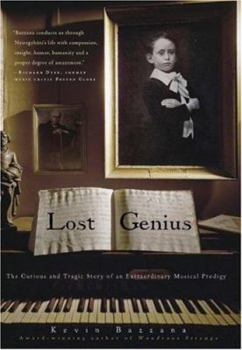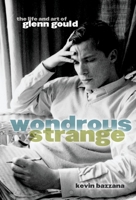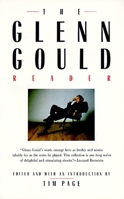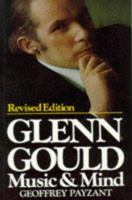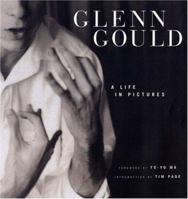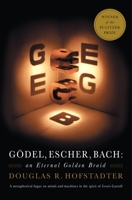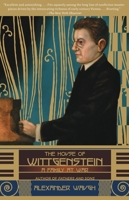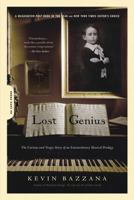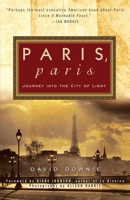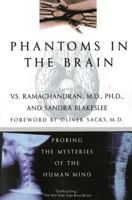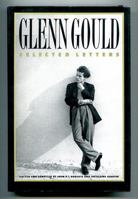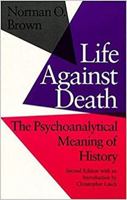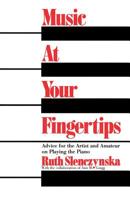Lost Genius: The Curious and Tragic Story of an Extraordinary Musical Prodigy
Select Format
Select Condition 
You Might Also Enjoy
Book Overview
Born in Budapest in 1903, Ervin Nyiregyhazi (nyeer-edge-hah-zee) was composing at two, giving his first public recital at six, and performing all over Europe by eight. He was soon recognized as one of the most remarkable child prodigies in history and became the subject of a four-year study by a psychologist. By twenty-five, he had all but disappeared. Mismanaged, exploited, and insistent on an intensely Romantic style, his career foundered in adulthood and he was reduced to penury. In 1928, he settled in Los Angeles, where he performed sporadically and worked in Hollywood. Psychologically, he remained a child, and found the ordinary demands of daily life onerous -- he struggled even to dress himself. He drank heavily, was insatiable sexually (he married ten times), and lived in abject poverty, yet such was his talent and charisma that he numbered among his friends and champions Rudolph Valentino, Harry Houdini, Theodore Dreiser, Bela Lugosi, and Gloria Swanson. Rediscovered in the 1970s, he enjoyed a sensational and controversial renaissance. Kevin Bazzana explores the brilliant but troubled mind of a geniune Romantic adrift in the modern age. The story he tells is one of the most fascinating - and bizarre - in the history of music.
Format:Hardcover
Language:English
ISBN:0786720883
ISBN13:9780786720880
Release Date:September 2007
Publisher:Carroll & Graf Publishers
Length:383 Pages
Weight:1.37 lbs.
Dimensions:1.3" x 6.5" x 9.1"











